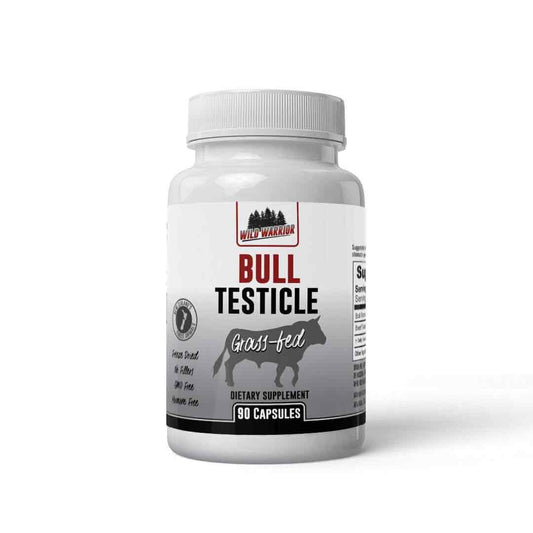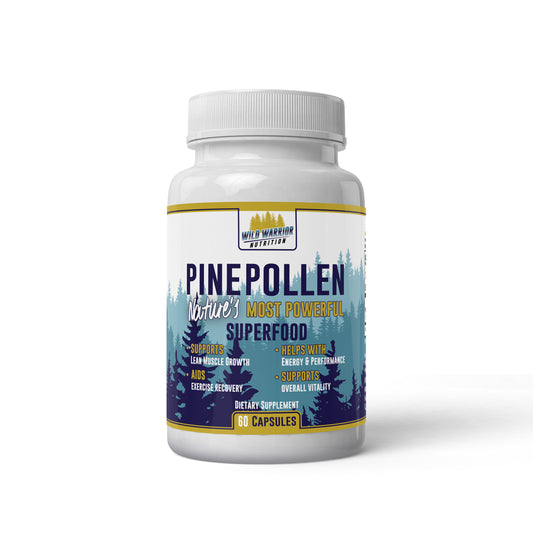Seed oils, also known as vegetable oils, have become a staple in many kitchens around the world. These oils, derived from seeds and nuts such as soybean, corn, sunflower, and canola, are commonly used for cooking, baking, and as ingredients in processed foods. While they may seem like a healthy choice, recent research suggests that there are potential dangers associated with the consumption of seed oils. In this article, we'll explore the risks associated with these oils and provide alternative options for a healthier diet.
The Omega-6 Fatty Acid Imbalance
One of the primary concerns surrounding seed oils is their high content of omega-6 fatty acids. While omega-6 fatty acids are essential for our health, an imbalance between omega-6 and omega-3 fatty acids can lead to inflammation and increase the risk of chronic diseases such as heart disease, diabetes, and obesity (1).
Most seed oils contain a significantly higher ratio of omega-6 to omega-3 fatty acids. For example, soybean oil has a ratio of 7:1, while corn oil has a staggering ratio of 46:1 (2). This imbalance can contribute to the development of inflammation in the body, which is a common factor in many chronic diseases.
Oxidation and Free Radicals
Seed oils are highly susceptible to oxidation due to their chemical structure. When these oils are exposed to heat, light, or air, they can create free radicals, which are unstable molecules that can cause cellular damage and contribute to inflammation and aging (3).
Cooking with seed oils at high temperatures can be particularly harmful, as it increases the production of toxic compounds such as aldehydes, which have been linked to various health issues, including heart disease and neurodegenerative disorders (4).
Processed Foods and Trans Fats
Many processed foods contain seed oils, which are often hydrogenated to increase their shelf life and improve their texture. Hydrogenation creates trans fats, which have been shown to raise LDL (bad) cholesterol levels and lower HDL (good) cholesterol levels, increasing the risk of heart disease (5).
The World Health Organization has recommended that trans fat intake be limited to less than 1% of total energy intake, and many countries have implemented regulations to reduce or eliminate trans fats in food products (6).
Healthier Alternatives to Seed Oils
To minimize the potential dangers associated with seed oils, consider using healthier alternatives in your cooking and food choices:
- Olive oil: Rich in monounsaturated fats and antioxidants, olive oil has been associated with numerous health benefits, including reduced inflammation and a lower risk of heart disease (7).
- Avocado oil: With a high smoke point and a balanced ratio of omega-6 to omega-3 fatty acids, avocado oil is a versatile and healthy option for cooking and baking.
- Coconut oil: Although high in saturated fat, coconut oil contains medium-chain triglycerides (MCTs), which can provide energy and support weight loss (8).
In conclusion, it's essential to be aware of the potential dangers associated with seed oils and make informed decisions about the fats and oils you include in your diet. By choosing healthier alternatives and limiting your intake of processed foods, you can promote better health and reduce your risk of chronic diseases.
Sources:
- Simopoulos, A. P. (2002). The importance of the ratio of omega-6/omega-3 essential fatty acids. Biomedicine & pharmacotherapy, 56(8), 365-379.
- Blasbalg, T. L., Hibbeln, J. R., Ramsden, C. E., Majchrzak, S. F., & Rawlings, R. R. (2011). Changes in consumption of omega-3 and omega-6 fatty acids in the United States during the 20th century. The American journal of clinical nutrition, 93(5), 950-962.
- Gutteridge, J. M. (1995). Lipid peroxidation and antioxidants as biomarkers of tissue damage. Clinical chemistry, 41(12 Pt 2), 1819-1828.
- O'Brien, J., Morrissey, P. A., & Ames, J. M. (1998). Nutritional and toxicological aspects of the Maillard browning reaction in foods. Critical reviews in food science and nutrition, 38(4), 211-248.
- Mozaffarian, D., Katan, M. B., Ascherio, A., Stampfer, M. J., & Willett, W. C. (2006). Trans fatty acids and cardiovascular disease. New England Journal of Medicine, 354(15), 1601-1613.
- World Health Organization. (2018). REPLACE trans fat: An action package to eliminate industrially-produced trans-fatty acids. World Health Organization.
- Covas, M. I. (2007). Olive oil and the cardiovascular system. Pharmacological Research, 55(3), 175-186.
- St-Onge, M. P., & Jones, P. J. H. (2002). Physiological effects of medium-chain triglycerides: potential agents in the prevention of obesity. The Journal of nutrition, 132(3), 329-332.





